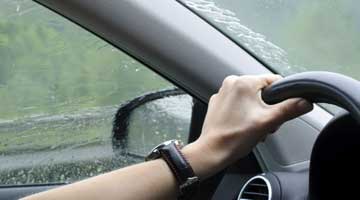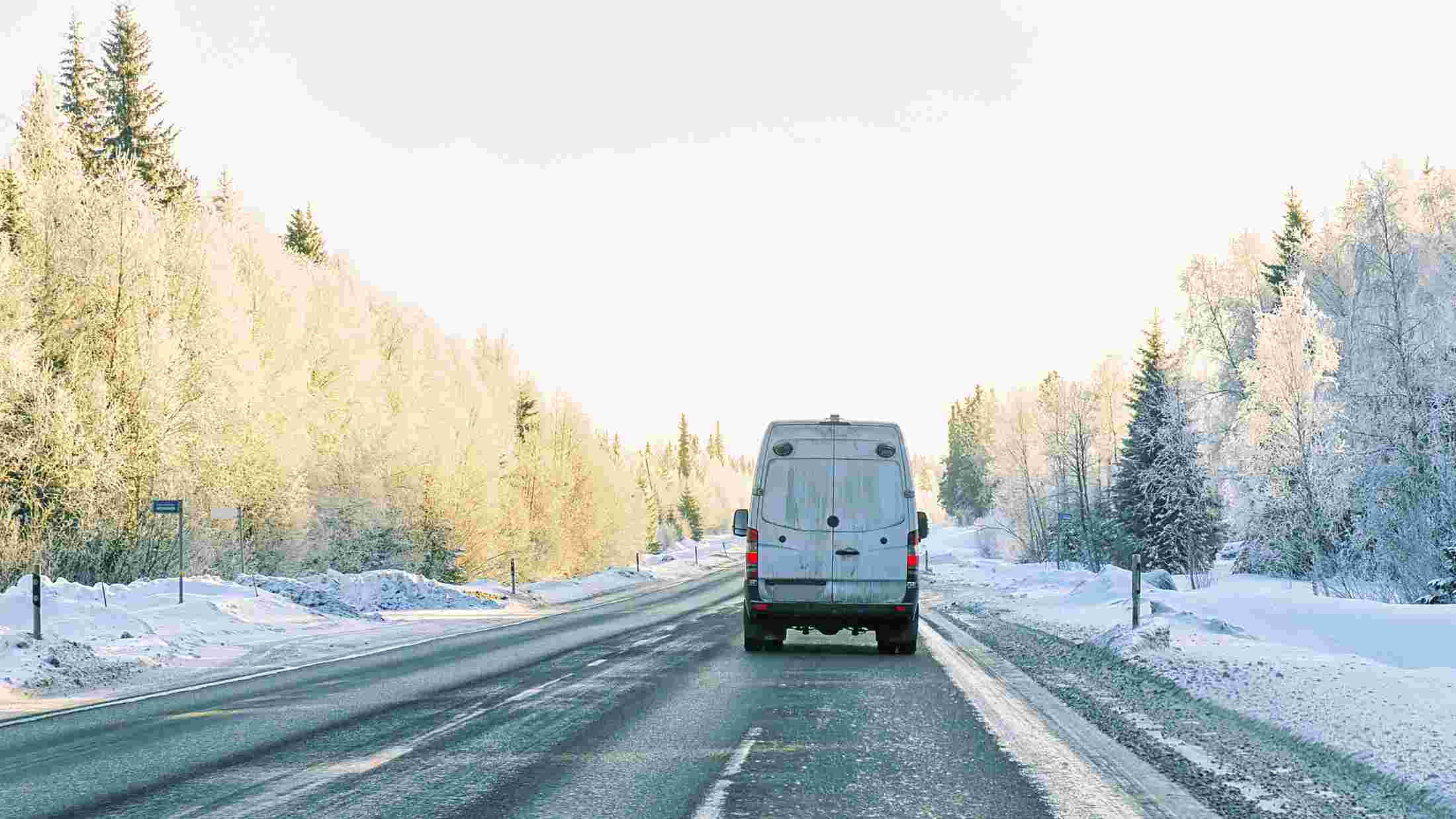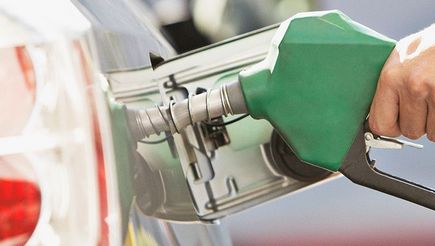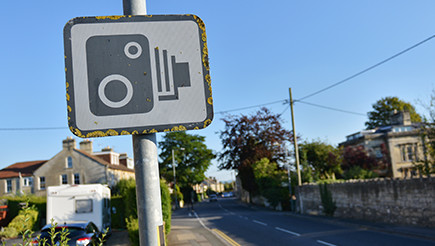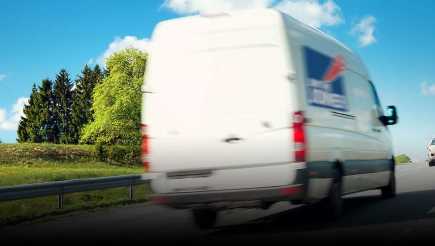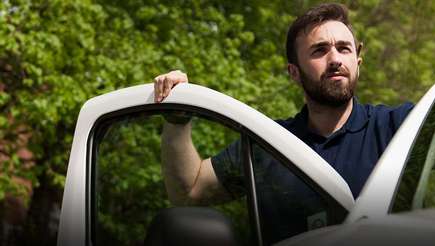The commercial van industry is rapidly evolving, thanks primarily to the changes brought about by telematics.
As major manufacturers weigh in with their visions of the van of the future, our ideas of what’s possible become more advanced. We've taken a look at the technologies and strategies that will make your business better – both now and in the future.
Costs and emissions
Nearly 40% of UK businesses use telematics, which brings improved fuel efficiency (68% of telematics users), reduced wear and tear (55%) and lower van insurance premiums (11%). We expect these figures to improve as new technologies like Google Maps help drivers find optimal routes by allowing multiple stops to be added. Moving to paperless fuel cards and using telematics to assess consumption will also cut fuel fraud.
Falling fuel prices have been a recent boon, but as the recent economic turmoil shows, nothing last forever. The latest in electric van options are becoming more common and cost-efficient, with bigger load sizes and longer ranges, so may become an increasingly attractive choice if you’re considering a new business van. But eco-driving always pays dividends as well if you’re not ready to make the move to an electric van.
Customer service
Improvements to navigation will also benefit customer service, by improving journey times as drivers gain access to traffic and weather reports. Increased 3G and 4G coverage also makes them more connected than ever, by allowing them to use smartphone software to share live traffic updates, keep customers in the loop about the status of deliveries and help managers respond to on-the-road developments.
Mercedes-Benz has an even more intriguing vision. Its latest van incorporates a fleet of drones, which are automatically launched to deliver goods to customers as the van driver passes optimal points on the route, which are dictated by the van’s smart network. How that will affect commercial van insurance, we can’t tell you yet.
Safety and security
Increased connectivity is also giving fleet managers the chance to add video to their driver safety toolkit, and to monitor vans and loads to protect against theft. Van drivers are also benefitting from more video tools, as vans introduce more advanced reversing cameras.
Improved on-board computing is also making your van fleet better at protecting itself. More sensors mean better input for the driver, and even for vans to respond to dangers by automatically braking or steering. Smart networks will also allow vehicles to share safety data and learn – a process which could ultimately lead to driverless vans.
Whether you choose to assist your drivers or move forward to the exciting new world of driverless drones, remember to keep a close eye on how each change will benefit your business, affect your fleet van insurance and appear to your customers. After all, none of us really know how the future will turn out.

